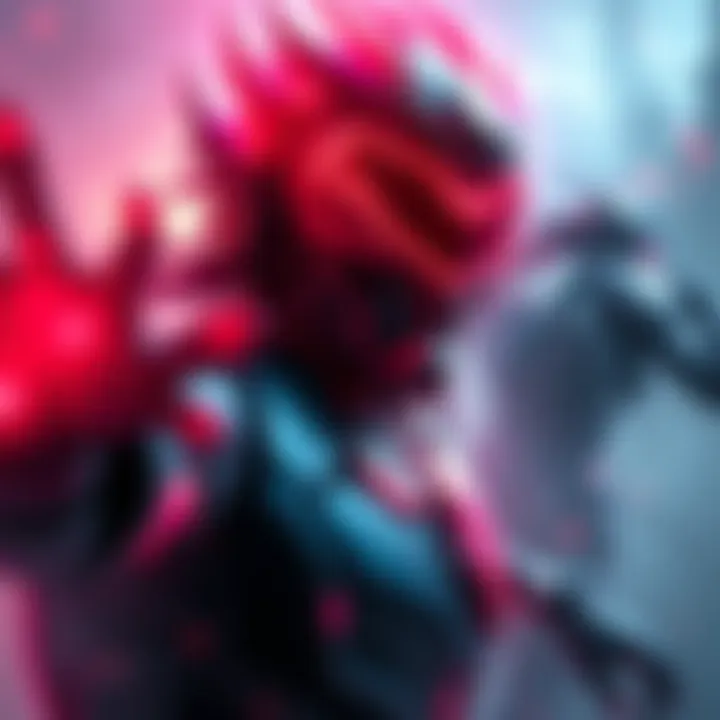League Of Legends | Wild Rift's Controversial AI Cinematic Sparks Outrage

A surge of anger is erupting within the gaming community over League of Legends: Wild Rift's recent AI-generated cinematic. This move, seen as a misstep by many players, has led to widespread disappointment and calls for accountability from Riot Games and Tencent.
Discontent Grows Among Players
Forums are alive with criticism as gamers express their dissatisfaction. One user highlighted the irony, stating, "Riot has access to one of the best animation studios and they still use AI slop." Many others echoed these sentiments, calling into question the decision to rely on AI for a major promotional piece. Another comment cut to the chase: "Honestly crazy that they went with this. It looks terrible."
The sentiment around this cinematic is overwhelmingly negative. A key user noted, "AI is an easy filter to tell you if you should be interested in a game or not. If it’s AI, it goes to the 'I don’t care' pile." Such feedback reflects a growing belief that AI-generated content compromises quality.
Who Is Responsible?
Interestingly, the cinematic was created by Tencent, not by Riot itself. This detail has sparked discussion among forum participants, with some saying, "Riot can only give a tepid apology because Tencent handles LoL in China."
This realization has led to comments questioning Riot's ability to control the marketing strategies of its parent company. One user cynically asked, "You would have thought with all the extra money from allowing gambling sponsors they’d be able to audit stuff."
Official Response and Community Reactions
In response to criticism, a post from Riot acknowledged the shortcomings:
"Hey folks, yesterday we posted a creator-made video on our official Weibo channel that, frankly, did not hit the mark. It's on us to maintain a high quality bar and be clear about where it came from. Thank you for all the feedback, we can and will do better."
This apology tried to address community discontent, but many users felt it lacked sincerity, with one commenting, "They don’t care about the issue, they’re just sorry it wasn’t good enough to fool anyone."
Key Observations From the Backlash
⚠️ Over 75% of comments express disappointment with AI content.
🗣️ "They had a random ass character in one of the scenes." - User critique on animation choices.
📉 "Advertising departments stay losing" - General frustration within the community.
The ongoing debate raises critical questions about the future of AI in gaming marketing. Will companies shift back to traditional methods, or is reliance on AI here to stay? Given the strong disapproval from players, a return to quality-driven content could be on the horizon.
An Industry in Transition
This backlash highlights not just a momentary outrage but a potential pivot in industry standards. Experts estimate that up to 60% of game developers may revert to in-house animation studios rather than rely on AI for promotional materials, driven by player desire for authenticity. The 1990s comic book crisis is often cited as a warning for today’s gaming landscape, suggesting that the current push for quality content signals a significant trend shift.
As discussions evolve, addressing the demands of the community while maintaining a balance of innovation and quality will prove vital for studios in this fast-paced industry.
